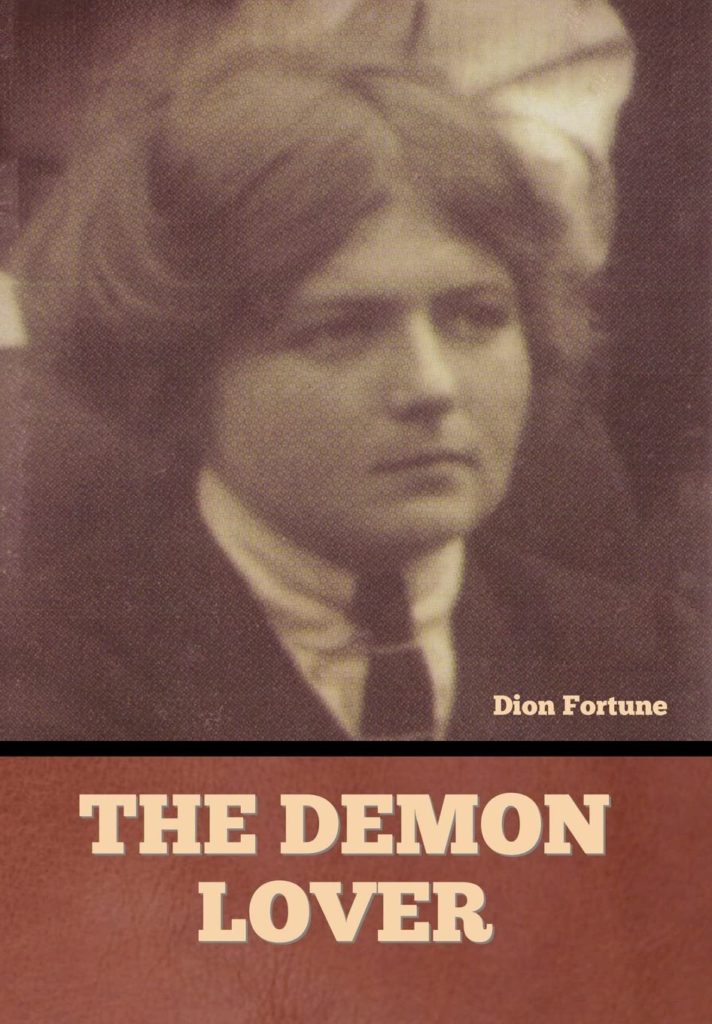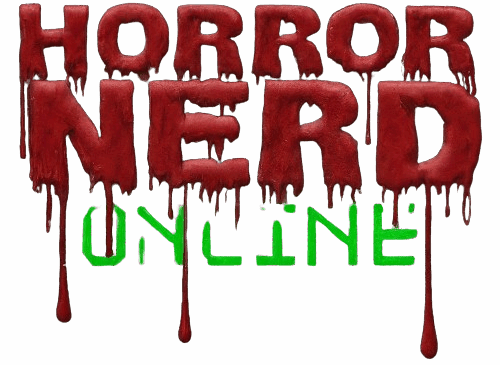
Author: Dion Fortune
Fortune completed seven novels during her lifetime. Four were occult and fantasy themed: The Demon Lover, The Winged Bull, The Goat-Foot God, and The Sea Priestess. The literary scholar Susan Johnson Graf categorises these alongside the work of H. Rider Haggard, Algernon Blackwood, Charles Williams, and Arthur Machen. The other three were romantic thrillers published under the pseudonym of “V. M. Steele” The Scarred Wrists, Hunters of Humans, and Beloved of Ishmael. Writing thrillers was one of few activities Fortune took part in unconnected to her magical work, and was something she did not publicise. Knight believed these three novels testified to the idea that “she must really have loved writing for writing’s sake”. An eighth novel, Moon Magic, was left unfinished but completed by her protégé and published posthumously.
Fortune saw her occult novels as an important part of her Fraternity work, initiating readers into the realms of occultism by speaking to their subconscious, even when their conscious mind rejects occult teachings. She thus perceived them as a means of disseminating her teachings to a wider audience. Each was related to one of the Sephirah on the Qabalic Tree of Life: The Winged Bull was associated with Tiphareth, The Goat-Foot God with Malkuth, and The Sea Priestess with Yesod.
Fortune’s first novel was The Demon Lover, which tells the story of Veronica Mainwaring, a young virgin woman who becomes the secretary to a malevolent magician, Justin Lucas, who seeks to exploit her latent mediumistic powers for his own purposes. Although she falls in love with him, she eventually escapes his entrapments through her devotion to Christianity. Her next work, The Winged Bull, focuses on Ursula Brangwyn, who had been harmed by her involvement in an unscrupulous occult group but meets with Ted Murchison, whom she subsequently marries. The characters in The Winged Bull are based upon real people in Fortune’s life; Murchison is based on her husband, for example, and she modeled Brangwyn after herself. The character of Hugo Astley has been interpreted as a “barely veiled fictional portrait” of Aleister Crowley. Richardson felt that The Winged Bull was “in many ways the worst of her books”. The scholar Andrew Radford suggested that the novel reflected a “zeal in promoting a socially responsible occultism rooted in orthodox gender roles” and demonstrated her growing concern that occultism was increasingly being associated with what she regarded as an immoral cosmopolitan elite synonymous with Crowley and his activities. (wikipedia.org)
